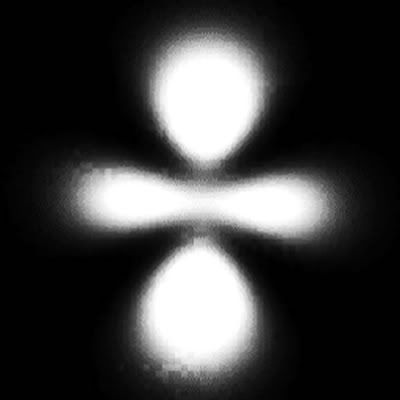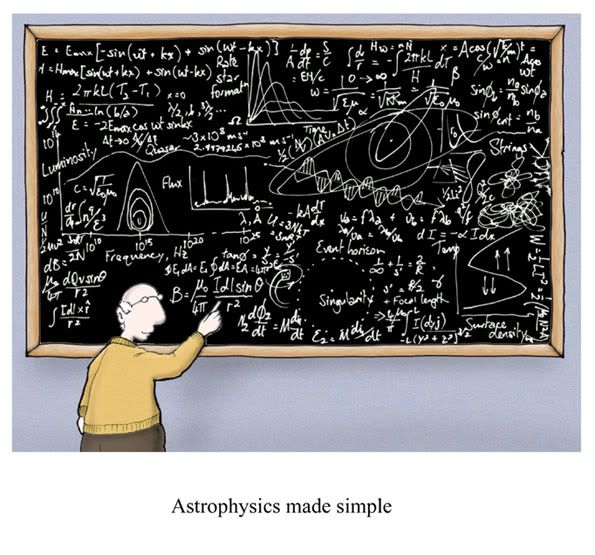G
Guest
Guest
Is God logically consistent? If so, then can God create a married bachelor?
Follow along with the video below to see how to install our site as a web app on your home screen.
Note: This feature may not be available in some browsers.




Join Hidden in Him and For His Glory for discussions on how
https://christianforums.net/threads/become-a-vessel-of-honor-part-2.112306/

Paidion said:Can God create a rock so large that He cannot lift it? The correct answer is "NO". This does not contradict God's omnipotence./quote]
It seems you are defining omnipotence as "the ability to do that which is logically possible." Would that be a fair assessment?
Heisenberg said:I believe that the existence of the classical "path" can be pregnantly formulated as follows:
The "path" comes into existence only when we observe it."

Yet, if we are to limit ourselves to numbers that represent distance in the real world, this can not be done. Current theory demands that time itself is limited into distinct quanta equal to (10 to the minus 43rd power) seconds. No smaller division of time has any meaning. Since time and matter themselves are indivisible it follows that there is a set distance (called Planck Length) from which one can go no smaller.Augustus De Morgan (27 June 1806 – 18 March 1871) said:"Great fleas have little fleas upon their backs to bite 'em,: And little fleas have lesser fleas, and so ad infinitum.


minnesota said:Is God logically consistent? If so, then can God create a married bachelor?
Perhaps, stranger. I do admire the attempt.stranger said:minnesota said:Is God logically consistent? If so, then can God create a married bachelor?
Hello minnesota.
What your citing is a hypothetical case that tests how good our apologetic is in the face of a seeming contradiction.
So here goes - let's presuppose that that God is logically consistent. The weak link will be how logical my reasoning is and how well you reason it to be reasonable or otherwise.
God created man and gave man (generic) a command to be fruitful and multiple. So we have man (one) and his offspring (many). Since man is one man in the generic sense (humanity is one), and yet man is many some of whom marry and others remain bachelors, I may be able to say 'God created man as a married bachelor'.
blessings
Greetings, Paidion!Paidion said:Sparrowhawke, when you suggest that God can do the illogical, or display supposedly "illogical" phenomena in nature, you seem to be using "logical" in the sense of "being contrary to man's reasoning." This is NOT the way I was using it. "Married bachelor" is illogical because its own constituent terms are contrary. It could be translated "Married man who is not married." It is intrinsically illogical, not illogical because of man's inability to comprehend.
You used some mathematicial examples. Let me give one. It is counter-intuitive, and thus SEEMS illogical that 0.999... = 1. Intuitively 0.999... seems to be a little less than 1. Yet it's equivalency with 1 can be PROVED by simple algebra. So 0.999... DOES in fact equal 1, and so the statement that it does so in not contradictory or intrinsically illogical. What WOULD be intrinsically illogical would be to say that it is both equal to 1 and also less than 1.
The "uncertainty principle" that you mentioned does not prove that an electron is in two different places at the same time, but only that man cannot determine its position at any given moment.

I certainly agree that the uncertaintly principle is not asserting that an electron is in two different places at the same time.Paidion said:The "uncertainty principle" that you mentioned does not prove that an electron is in two different places at the same time, but only that man cannot determine its position at any given moment.